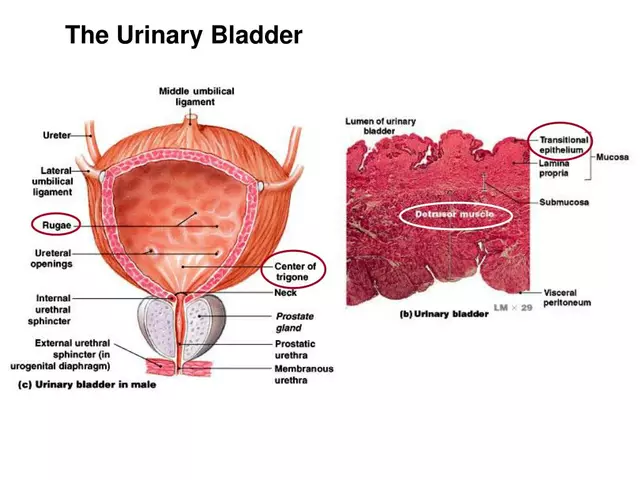Metastasis: What it is and what to do next
Metastasis means cancer cells have moved from the original tumor to other parts of the body. That sounds scary, but knowing what it means and which steps to take can help you make better decisions fast. This page gives simple, practical info you can use when you or someone close to you faces metastatic cancer.
How doctors find metastasis
If a doctor suspects spread, they’ll use imaging and tissue tests. Common scans are CT, MRI, and PET. These show where cancer might be hiding. A biopsy (taking a small tissue sample) often confirms if those spots are the same cancer type. Blood tests, like tumor markers, can add clues but rarely stand alone.
Ask for clear lab and scan reports. If a biopsy is done, ask whether molecular testing (genetic profiling) was performed. That testing can reveal targeted treatment options not obvious from the tissue type alone.
Treatment choices and questions to ask
Treatment for metastatic cancer varies a lot. Options include surgery to remove isolated spots, radiation to control pain or growth, chemotherapy, targeted drugs that go after specific mutations, immunotherapy to boost the immune system, and hormone therapy for hormone-driven cancers. Often doctors combine approaches to control symptoms and slow progression.
Useful questions to ask: What is the treatment goal—cure, control, or symptom relief? What are likely side effects and how will they be managed? Are there targeted therapies or clinical trials that fit my tumor’s profile? How will treatment affect daily life and work?
Don’t be shy about a second opinion. Metastatic care is complex and another specialist may suggest different tests or trials. Bring your scans, pathology report, and a list of current meds to any new consult. That saves time and avoids repeat testing.
Managing symptoms matters as much as choosing the right drug. Pain, nausea, fatigue, and breathing problems are common. Palliative care teams focus on quality of life and can be involved early—alongside curative or controlling therapy. Ask your doctor to refer a palliative or supportive care specialist if symptoms interfere with daily life.
Cost and access affect real choices. If medications are prescribed, check options for assistance, generics, or international pharmacies. On MexicanPharmacyPrices, you can compare drug prices and find safe ways to save on meds if you’re considering options in Mexico. Always verify prescriptions and pharmacy credentials.
Finally, consider clinical trials. Trials can offer access to new drugs and are appropriate when standard options are limited. Your oncologist or a cancer center can help identify trials that match your tumor’s profile.
Facing metastasis means making many decisions. Keep records, ask targeted questions, get a second opinion when unsure, and involve supportive care early. Small steps—clear reports, molecular testing, and practical symptom plans—make a big difference in care and comfort.






